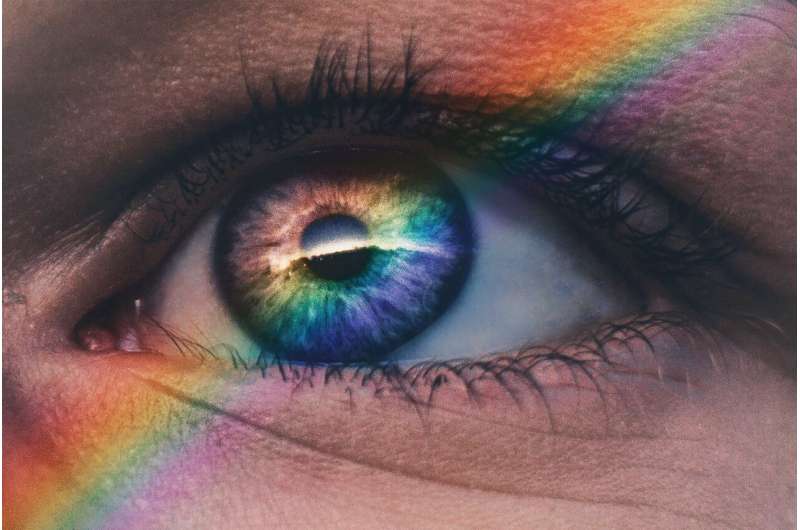Seeing through someone else's eyes: Proposing objective criteria to examine subjective experiences

Really understanding how someone else experiences something has always been of utmost interest but hard to attain. Is the redness that you experience the same as the redness that I experience? How can we see through someone else's eyes? We cannot inhabit each other's minds, but now Ben-Gurion University of the Negev brain imaging expert Dr. Moti Salti and Academic College of Tel Aviv-Yaffo cognitive specialist Dr. Dafna Bergerbest are proposing a novel framework to objectively compare subjective experiences and reveal the underlying brain activity.
Drs. Salti and Bergerbest just published their innovative framework in Perspectives on Psychological Science.
Qualia is the individual subjective experience. According to the proposed Idiosyncrasy Principles individuals use different attributes of the physical world in an idiosyncratic manner to build their subjective experience of it.
This transfer-function from the physical world to the subjective experience is extremely hard to map as we lack objective criteria for the subjective experience. They suggest focusing on numerosity (the subjective experience of quantity)—one field where objective criteria can be established. Drs. Bergerbest and Salti propose a research plan that allows for mapping the individual transfer-functions both at the behavioral level and at the neuronal level.
"If you throw 20 beans on a table and ask two people to tell you how many there are, one might tell you 22 and the other 18. We aim at revealing and quantifying all the parameters that underlie this subjective experience. Once we delineate these individual transfer-functions, we can compare one to the other," explains Dr. Salti of Ben-Gurion University's Brain Imaging Research Center and the Zlotowski Center for Neuroscience.
The goal is to construct a map of the brain that will show how the brain processes subjective experiences and provide objective criteria to examine these subjective experiences and compare between them.
"Researchers studying consciousness should consider an additional path. Rather than describing the redness of red, we suggest starting with the "seventhness" of seven," they write in the conclusion to their paper.
More information: M. Salti et al, The Idiosyncrasy Principle: A New Look at Qualia, Perspectives on Psychological Science (2022). DOI: 10.1177/17456916221082118


















